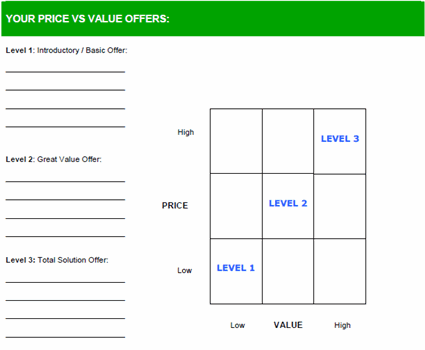Businesses are increasingly utilizing social media to promote their products and services and generate leads. However, there’s a significant untapped potential in leveraging social media data for business research. By using social media effectively, businesses can access valuable insights without incurring significant costs.

Why Use Social Media for Research?
Social media offers several advantages when it comes to conducting research, including:
- Cost-Effectiveness: Access a vast amount of data for free or at minimal cost depending on your research needs.
- Real-Time Data: Monitor and track trends and insights as they happen.
- Engagement Opportunities: Directly interact with your audience for feedback and to test new ideas.
Major Benefits of Using Social Media for Research
1. Leverage Social Media Focus Groups
Create a presence on social media to build a community of fans and followers. You can utilize this platform as a virtual focus group.
- Immediate Feedback: Gain insights and opinions from your audience in real-time.
- Pre-Qualified Participants: Followers are already interested in your brand, making them ideal candidates for feedback.
2. Conduct Social Media Surveys
Employ your followers to participate in surveys. Share a link to your online survey and obtain valuable feedback quickly.
- Fast Results: Small surveys can be completed within 24 hours.
- Targeted Outreach: Incentivize participation by including bonuses or rewards.
3. Engage with Targeted Audiences
Social media allows for highly targeted engagement based on demographics such as age, location, interests, and behaviors.
- Custom Audience Targeting: Platforms like Facebook allow you to target specific groups with tailored messages.
- Time-Optimized Engagement: Engage your audience at times when they are most active.
4. Analyze Competitor Strategies
You can gauge competitor performance on social media without any cost. Key areas to investigate include:
- Follower Engagement: How well do they communicate and engage with their audience?
- Promotion Strategies: What kind of promotions seem to be effective?
5. Define Your Target Market Better
Social media serves as an invaluable tool for honing your understanding of your target market.
- Data Accessibility: Access information such as demographics, interests, and behaviors of your followers.
- Enhanced Customer Understanding: Use the insights to refine your offerings and marketing strategies.
Industry-Specific Examples of Social Media Research
Different industries can utilize social media research effectively. Here are some examples:
- Retail: Gather insights on consumer preferences and shopping behaviors through polls and focus groups.
- Healthcare: Engage patients in discussions about services and gather feedback on their experiences.
- Technology: Monitor tech trends and consumer feedback on product launches in real-time.
Actionable Steps for Implementing Social Media Research
Here’s a simple checklist to help you get started:
| Step | Action Item |
|---|---|
| 1 | Create your social media profiles and gather followers. |
| 2 | Plan and design engaging surveys or polls. |
| 3 | Analyze engagement metrics and get feedback from your audience. |
| 4 | Conduct competitor analysis to benchmark your performance. |
| 5 | Refine your marketing strategies based on the data collected. |
Final Thoughts
Social media is not just for marketing; it is a powerful tool for research and analysis. By implementing the strategies outlined in this article, you can gain critical insights that can shape the way you do business. Start by developing a focused plan for what you want to achieve with your research.
Explore our informative resources for more on how to enhance your business strategies: Pricing Optimization Strategies.






























